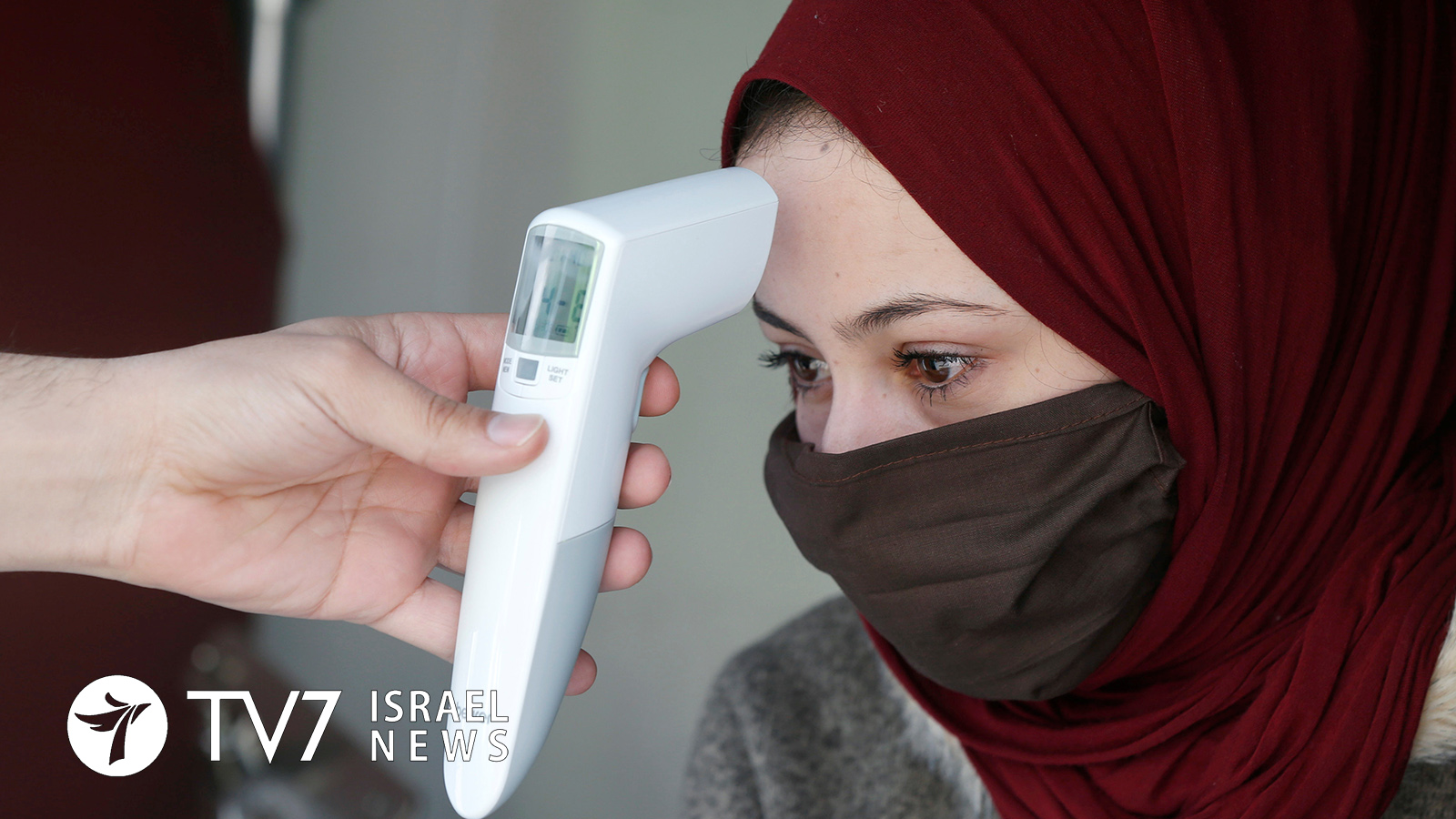Jordanian shopping mall supermarkets have reopened after receiving authorization from government leaders.
Prime Minister Omar al Razzaz said that some aspects of the tight lockdown the Hashemite Kingdom imposed to obstruct the coronavirus outbreak will be lifted, including the allowance of more businesses to resume operations. Until now, only food, dairy industries and some export-oriented firms such as pharmaceuticals, potash and phosphates had been allowed to continue functioning.
Many private business owners are now pressuring the government to allow them to reopen their own doors amid heightening worries over looming bankruptcies and layoffs if the economic lockdown is prolonged.
The government earlier this week extended closure of public offices, schools and universities until the end of this month. The Kingdom has also closed its land borders with Israel, Iraq, Syria and Saudi Arabia and halted all international flights.
The nationwide curfew that implemented nearly a month ago – that restricts the movement of Jordan’s 10 million people – however, will remain in effect; as will total shutdowns on the weekends. The curfew was imposed after Jordanian King Abdullah II enacted an emergency law that empowered the government to restrict civil and political rights, while deploying more than 60,000 troops and police across the Kingdom to enforce the decrees. Movement has also been banned between governorates and the capital of Amman.
The government justified the severe restrictions by saying that many people had flouted calls to stay at home, risking the fast spread of the virus.
According to Prime Minister Razzaz, the easing of the measures may also permit the public a greater amount of movement in some areas outside Amman, but he stressed that they could be reintroduced if there is a resurgence of the disease. “At any point we see more cases our duty would be to reconsider these steps,” he said.
There have been 402 confirmed cases and seven deaths in Jordan attributed to COVID-19. Five people are in critical condition, and there have been 259 recoveries. So far, 20,500 people have been tested.
Officials are concerned over the financial impact the pandemic will have on Jordan’s annual $5 billion tourism sector – the primary source of foreign currency. There is fear that a reduction of growth projections would further deepen an economic downturn in a national economy that is already debt-dependent. Analysts believe the continued loss of income resulting from the economic lockdown would not only deepen poverty among a significant segment of Jordanians, but also fuel social unrest.
Jordan was among five other countries – namely Syria, Iraq, Yemen, Gaza and Lebanon – where the International Committee of the Red Cross (ICRC) is calling on authorities in the volatile region to prepare for the socio-economic aftermath.
“On top of conflict, on top of the violence they will have to deal with the socio-economic consequences of the pandemic, and it is really scary”, said Fabrizio Carboni, ICRC director for the Near and Middle East told Reuters. “The investment which is needed, the attention which is needed in this region is not just today. It shouldn’t be just a health perspective, but it should be a socio-economic perspective and the most difficult part might be after the epidemic because on top of conflict, on top of the violence they will have to deal with the socio-economic consequences of the pandemic and it is really scary,” he said.
The resumption of some work in Jordan will help tens of thousands of employees who have been without income since the lockdown, which brought many economic sectors ranging from construction to public works to a standstill. Jordanian Prime Minister Razzaz is also maintaining that the government has refocused its spending priorities on the provision of benefits to alleviate hardship suffered by many residents during the curfew.
In addition, Jordanian Finance Minister Mohammad Al Ississ announced last week that the country is seeking extra donor aid to help it cushion the impact of the crisis, even though Amman secured $1.3 billion reform package from the International Monetary Fund last month.
